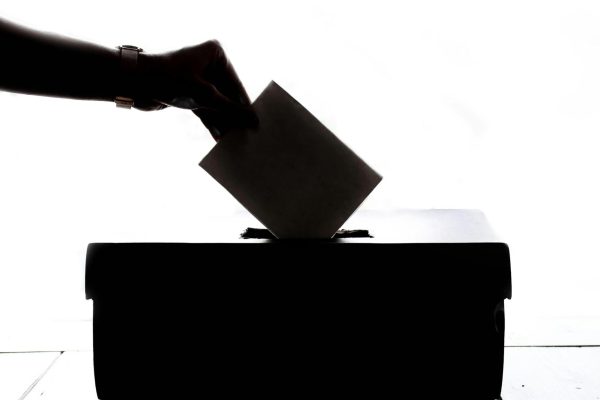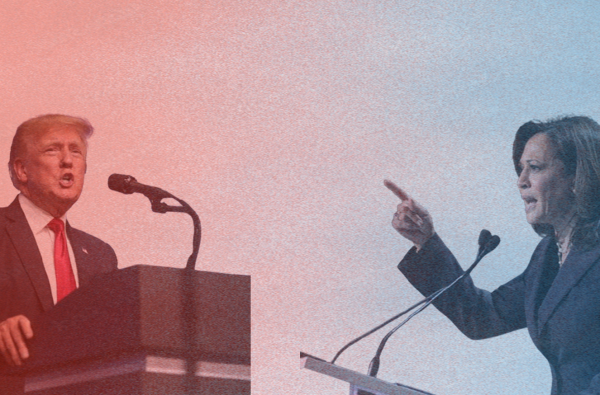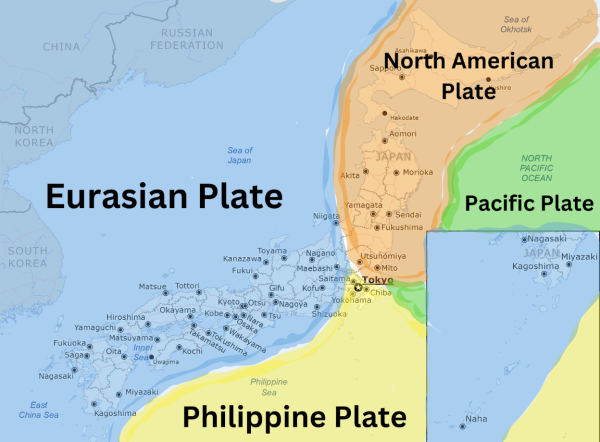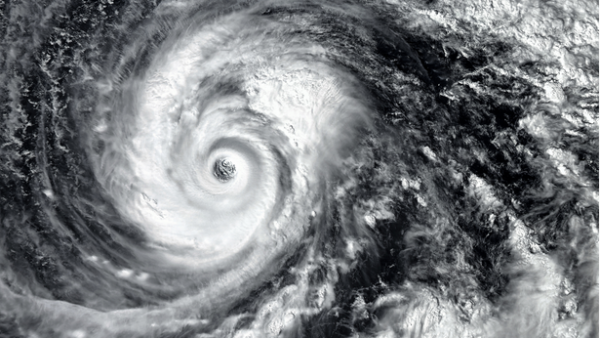The First (un)Presidential Debate
Succeeding weeks of rising coronavirus cases and social injustice unrest, President Donald Trump and Democratic nominee Joe Biden faced off in their first presidential debate. Moderated by Fox News’ Chris Wallace, the debate took place on September 29th – a little over one month before election day. These past six months have been unpredictable, chaotic, and disorderly – the same traits many would use to describe the debate. The topics tackled in the debate included COVID-19, the economy, the Supreme Court, Trump’s and Biden’s records, race and violence, and the integrity of the election.

After the debate, both Trump and Biden were the subject of not-so-controversial public disappointment. Even moderator Chris Wallace was criticised for his failure to keep Trump’s constant interruptions in check, instead waiting until things got too far and shouting at Trump. Todd Graham, the coach of a nationally triumphant debate team, described Wallace as a “bad parent,” in an interview with CNN. “He was absent when needed and overbearing when it was too late,” Graham said. Wallace was also condemned for allowing Trump to ask Biden questions, and at one point essentially prompting Biden to reply. It was said that this demonstrated a lack of impartiality – whether or not intentional – it somewhat coerced Biden to respond to a question designed to demean him.
Democratic nominee Joe Biden was primarily denounced for this inability to show restraint to the President’s interruptions and unprofessional remarks. However, many defended him by saying there is only so much one can do when being spoken over and heckled in a professional environment on live television. Supporters of Biden were hoping this debate would make it evident that he is far more suited for the presidency than Trump, although disarray of the debate shielded viewers from the substantial information that was, or perhaps was not, discussed.
President Trump was condemned for a variety of disturbances such as hectoring, constantly interrupting, and lying. “Most shockingly was the complete lack of restraint from the President of the United States,” said Dustin Train (11), a devoted political follower. “By disrupting the general process of the debate, he stripped away the public’s opportunity to hear the real plans to better the future of America from both candidates… little to no policy [was] discussed.”
One of the most notable discussions in the debate was the topic of “race and violence in our cities.” Trump’s infamous unwillingness to condemn white supremacy after the Unite the Right rally in Charlottesville, Virginia was highlighted during the debate when he explicitly told Proud Boys and other extremist organizations to “stand back and stand by” and then averting the conversation to Antifa, a left-wing movement.
But for some viewers of the debate, primarily African Americans, these ignorant remarks were not the only alarming element of the discussion of “race and violence.”
“I think that the way they handled the ‘race issue’ of the debate was honestly insulting,” said Sydney Wilson (11), an African American activist and empowerer. “Even though Biden was able to talk about the progression of African Americans, our current president chose to weaponize the topic of race and violence by immediately discussing ‘Law and Order’… neither of them talked about the true root of why African Americans don’t have equality.” Additionally, the discussion of “the issue of race” angered and upset African Americans who were aware that what should be discussed is “the issue of racism.” This adds to the ongoing problem of people and organizations who blame African Americans for their own inequalities.
After 90 minutes of hollow discussions, mayhem, and interruptions, the debate did not leave undecided voters with much fruitful information to contemplate. The majority of both parties agree that the discussions were not informative, nor did they present the true intentions for the presidency of either candidate. “The American people deserve better,” Tran concluded.






